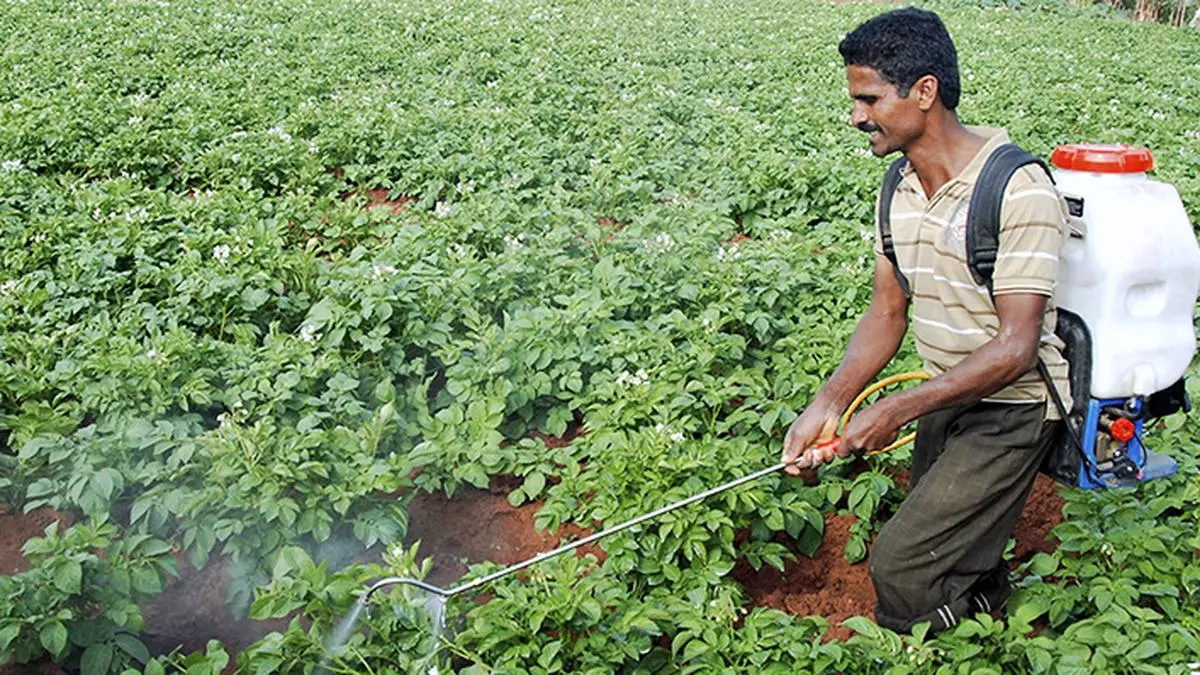Summit seeks investments for widespread sustainable farming
Delegates at the Global Sustainability Alliance (GSA) Gujarat Edition have emphasised the need for government action to attract significant investments, including foreign direct investment (FDI), to support Gujarat’s farmers. Speaking at the GSA summit in Gandhinagar of Gujarat on Tuesday, they highlighted that with global markets increasingly enforcing strict sustainability standards, it is crucial for the state to create an investment-friendly environment to ensure its farmers can remain competitive and thrive.
RAS Patel, Deputy Commissioner, Department of Agriculture and Farmers Welfare, Union Ministry of Agriculture and Farmers Welfare, said: “We have support from the Government of India, but getting investments from private sectors and FDI are also crucial. Investment is not just an economic necessity but a strategic imperative. Gujarat can continue to thrive in the global agricultural market in compliance with stringent sustainability standards that are coming into place only if there is large scale investment.”
Key to fin challenges
Anil Kumar Gupta, member of Governing Board of National Innovation Foundation, and founder of Honeybee Network, National Innovation Foundation, SRISTI and GIAN, said Gujarat farmers are pioneers in sustainable farming due to their ability to experiment, innovate and commercialise solutions. However, with climate change and other environmental factors, it is difficult for the soil to absorb nutrients and crops are unable to retain the moisture. Hence, an FDI is much needed for co-manufacturing machinery and precision farming techniques.
A massive amount should go into the processing aspect followed by infrastructure and better drainage especially in the rural areas, Gupta said.
Bhikhubhai N Patel, Managing Trustee and Secretary of Sardar Patel Education Trust, Anand, and President of Gujarat Tobacco Merchant and Farmer Association, said private sector investment and FDI are key to addressing the financial challenges of meeting sustainability standards.
While Gujarat is the highest tobacco producing state, there is an urgent need to educate the farmers on the derivatives of tobacco farming. Industries such as medicine and food grade are key source of demand for tobacco/nicotine. In absence of an export policy for tobacco in India, this is a major opportunity that the country is missing out on. Hence the government needs to establish ‘ease of doing farming’ with the help of FDI in the sector.
A focused sectoral approach with incentives being directed to farmers will enable tobacco by-products to attract international trade opportunities, Bhikhubhai N Patel said.
